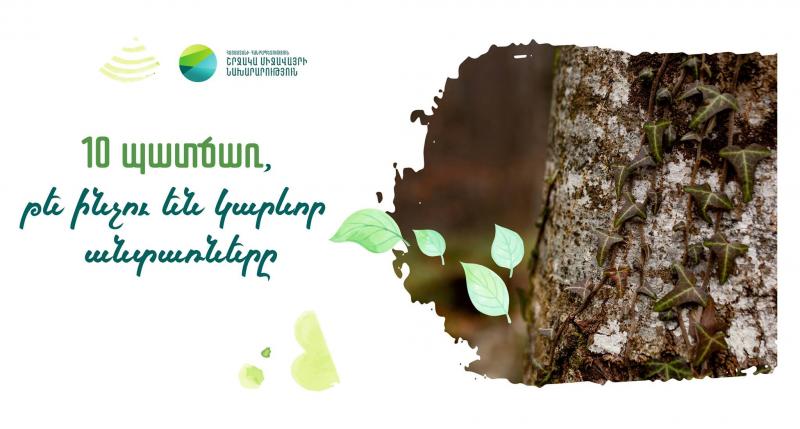Phytoplankton produce 50% of the Earth's oxygen, but forests are the main ones responsible for the purity of the air.
They are more than just a tree. 50% of biodiversity species are found in forests.
People also live in forests. 300 million people live on earth right in the forest.
Forests cool the environment. Urban trees allow buildings to stay cooler in summer.
Forests absorb greenhouse gases and reduce the catastrophic consequences of the greenhouse effect on earth.
Forests create a peculiar microclimate in the territories adjacent to them. For example, the Amazon forests stimulate the formation of rains, up to North America.
Forests block the winds. In addition, farms adjacent to forests are less sensitive to insect pests.
Forests help to live healthier. For example, theophiline used against allergies is obtained by people from the cocoa tree.
Forests are an invaluable raw material in human activity. Obtaining furniture, paper, wood, rubber and other raw materials is impossible without forests.
Forests create jobs. According to the UN, more than 1.3 billion people are dependent on the benefits of the forest, and 10 million people work directly in forestry.



